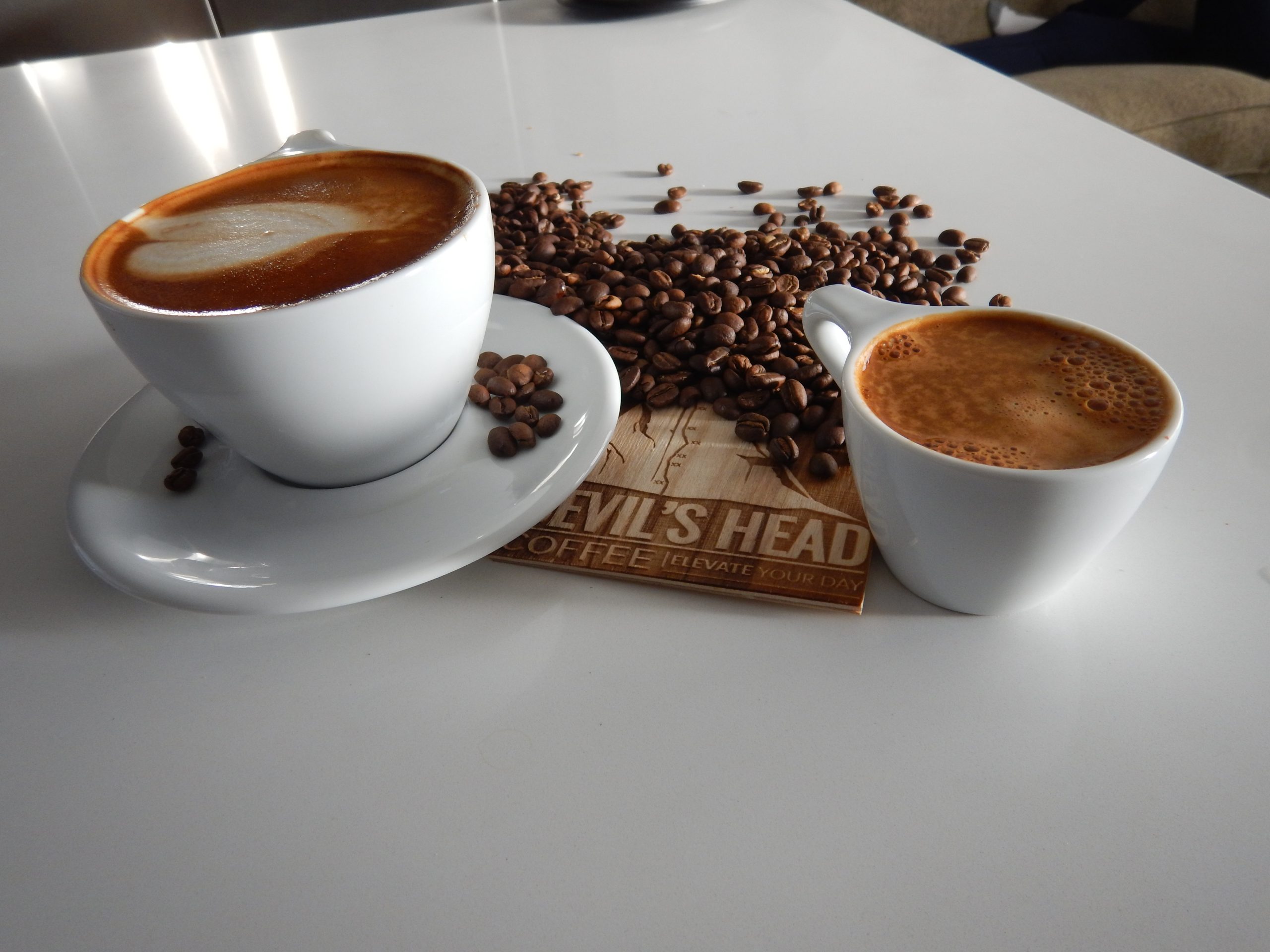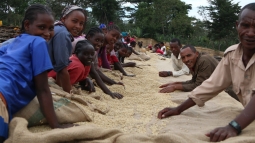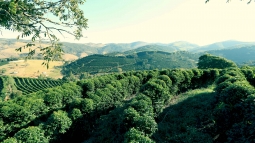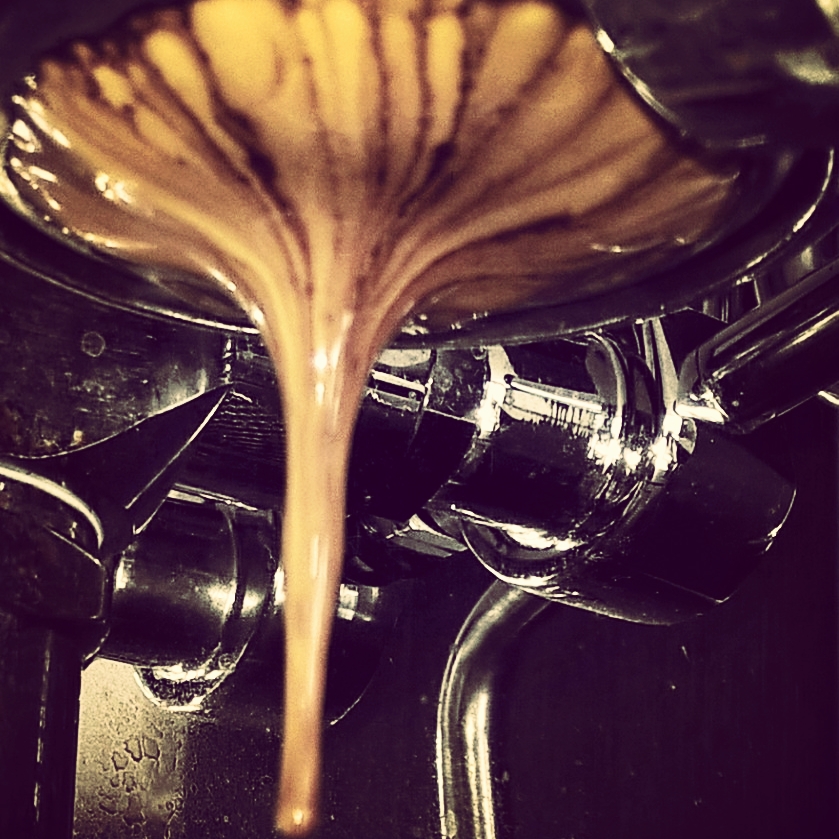
Philosophy of Specialty Coffee
The philosophy of specialty coffee – ensuring each stage of the development process yields the highest potential of flavor. Coffee holds flavor potential, where each mistake can reduce it. Example, if the coffee isn’t picked when it is ripe, the drying and processing stage are not likely to produce even results. If the grind is not consistent, the flavour extraction will be uneven and it will taste bitter. The more steps involved, the higher the risk of potential flavour loss.
Production steps of Coffee, from Seed to Cup
This is an over-simplified list, but it shows that there are many steps, and many hands involved with each coffee bean.
Picking
Processing
Drying
Packaging green coffee for storage and transport
Shipping
Roasting
Preparation
Now, each one of these steps has lots of factors that effect the outcome. Example, is picking done by hand or is it mechanically done to save labour costs and increase the production output. How consistent is it? Are all of the coffee cherries selected from the tree consistent in their ripeness? Is consistency sorting done prior to processing if it’s mechanically obtained and there is variation? The list is of things that can reduce the coffee’s potential quite lengthy in each step. Each one has a discernible outcome on the taste of your coffee.

Ethiopian coffee being sorted for consistency (photo rights to Cafe Imports)
Simplification – Wine
This is isn’t a complex philosophy, but the application of it in the real world isn’t straight-forward either. Let’s look at wine as it has the same philosophy of flavour potential. Small scale and easier to control, think Naramata near Penticton. There is a huge amount of variability in wine but the steps are all often controlled at the source; the winery. Now, this owner will select the grapes best suited for their land, grows it, harvests the grapes, processes them, bottles and gets it to market. There are pure varieties (referred to as Single Origin in coffee) and blends, the combination of different grape varieties (same in coffee), but it is all completed on-site. Simple enough right? They can control all of the steps involved to get you an awesome bottle of wine.

Family owned farm in Brazil – Carmo De Minas (Photo rights to Cafe Imports)
What is Different in Coffee?
Now, let’s think of coffee. The farmer that owns the land (if it’s a private farm, not a big corporate mass production outfit) can only control the first few steps; selection of the coffee to be grown, and the picking process. Some small farms will have processing, drying and packaging facilities, but in lots of coffee producing countries they outsource this to a local facility to complete this. The transportation of the coffee involves packaging, storage at a dock, export company to coordinate with trans-oceanic shipment via containers (fraught with peril), an import company, wholesaler, roaster, cafe or retailer, then you. if it’s a cafe, you pay extra for the professional preparing your specialty coffee. if you buy it for use at home it must be ground and prepared with care keeping the variables as consistent to keep all the flavour potential.

Pulliing a shot of Costa Rican single origin coffee at my home
Cool story bro, what does it all mean?
Well, it means that there are lots of people out there pursuing the best coffee they can! Removing the number of people involved (Direct trade) or working with small importers who travel to the coffee source countries to educate farmers on sustainable practices are more and more common. At Devil’s Head Coffee, our single focus is getting you the best coffee possible and provide education to help you prepare it at home and get true, specialty coffee. It is a super exciting movement, and there are some awesome places locally who really advocate for the best industry standards. We are excited to be a part of this community. For more information, check out this really cool podcast on the
waves of coffee.


 Ethiopian coffee being sorted for consistency (photo rights to Cafe Imports)
Ethiopian coffee being sorted for consistency (photo rights to Cafe Imports)
 Family owned farm in Brazil – Carmo De Minas (Photo rights to Cafe Imports)
Family owned farm in Brazil – Carmo De Minas (Photo rights to Cafe Imports)
 Pulliing a shot of Costa Rican single origin coffee at my home
Pulliing a shot of Costa Rican single origin coffee at my home

